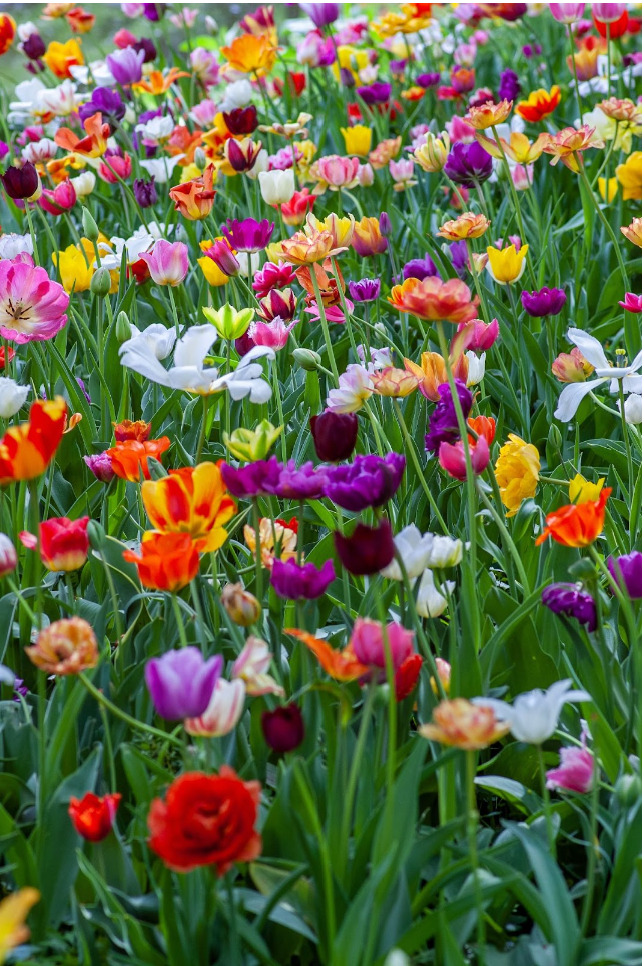If you love watching green things grow it can be frustrating watching them get taken out by pesky invaders. One unwelcome destructive insect can quickly turn your green paradise into a battleground.
These tiny invaders can wreak havoc on our plants, damaging their leaves, stems, and even killing them. Fortunately, there are a number of ways we can rid ourselves of these pests, so read on to learn more.
1. Know what you’re dealing with
To effectively combat destructive insects, it’s crucial to identify and understand the specific pests plaguing your plants. Take some time to research common insects in your area, such as aphids, caterpillars, or whiteflies.
Learn about their life cycles, preferred hosts, and the signs of infestation. Armed with this knowledge, you’ll be better equipped to recognize and respond to any potential threats.
2. Invite beneficial insects into your garden
While some insects may be harmful to your plants, others can serve as allies. Encourage beneficial insects like ladybugs, lacewings, and praying mantises to take up residence in your garden by planting flowers like daisies, marigolds, or yarrow, which act as a magnet for them.
These insects are natural predators, feeding on destructive pests and keeping their populations in check.
3. Keep your beds tidy
Maintaining good garden hygiene is essential for preventing insect infestations. Regularly remove dead leaves, fallen fruits, and decaying plants from your garden bed.
These can serve as breeding grounds for insects and provide them with a hiding place. Additionally, clear away any weeds surrounding your plants, as they can attract and harbor destructive pests. By keeping your garden clean and tidy, you’ll minimize the chances of insect infestation.
4. Use physical barriers
Create a protective barrier around your plants using physical barriers such as fencing or mesh screens (where possible).
For smaller insects, consider using row covers or insect netting. These lightweight fabrics allow air and water to pass through while preventing pests from laying eggs or feeding on your plants.
Remember to secure the barriers tightly to ensure no gaps are left for pests to slip through.
5. Use natural pesticides
When it comes to combating destructive insects, many homeowners prefer natural alternatives to chemical pesticides. Natural insecticides, such as neem oil, insecticidal soap, or horticultural oil, can effectively control pests without harming beneficial insects or the environment.
Follow the instructions carefully when using these products and apply them during the recommended times to maximize their effectiveness.
6. Companion planting
Companion planting involves strategically placing certain plants together to deter destructive insects. For example, planting marigolds, chives, or garlic near your vegetable garden can repel aphids, whiteflies, and other pests.
Herbs like basil, rosemary, or mint can also act as natural deterrents. Test a number of combinations to find what works best for your garden. Not only will companion planting help protect your plants, but it can also add beauty and variety to your outdoor space.
7. Regular Monitoring
Lastly, be proactive in monitoring your plants for any signs of trouble. Check the leaves, stems, and flowers regularly for discoloration, holes, or sticky residues. Act promptly at the first sign of an infestation to prevent it from spreading. Remember, early detection and intervention are key to saving your plants from severe damage.
By following these tips, you can help to create a healthy environment for your plants, which will make them less susceptible to insect damage.
How to Keep Pests Out of Your Hummingbird Feeders


